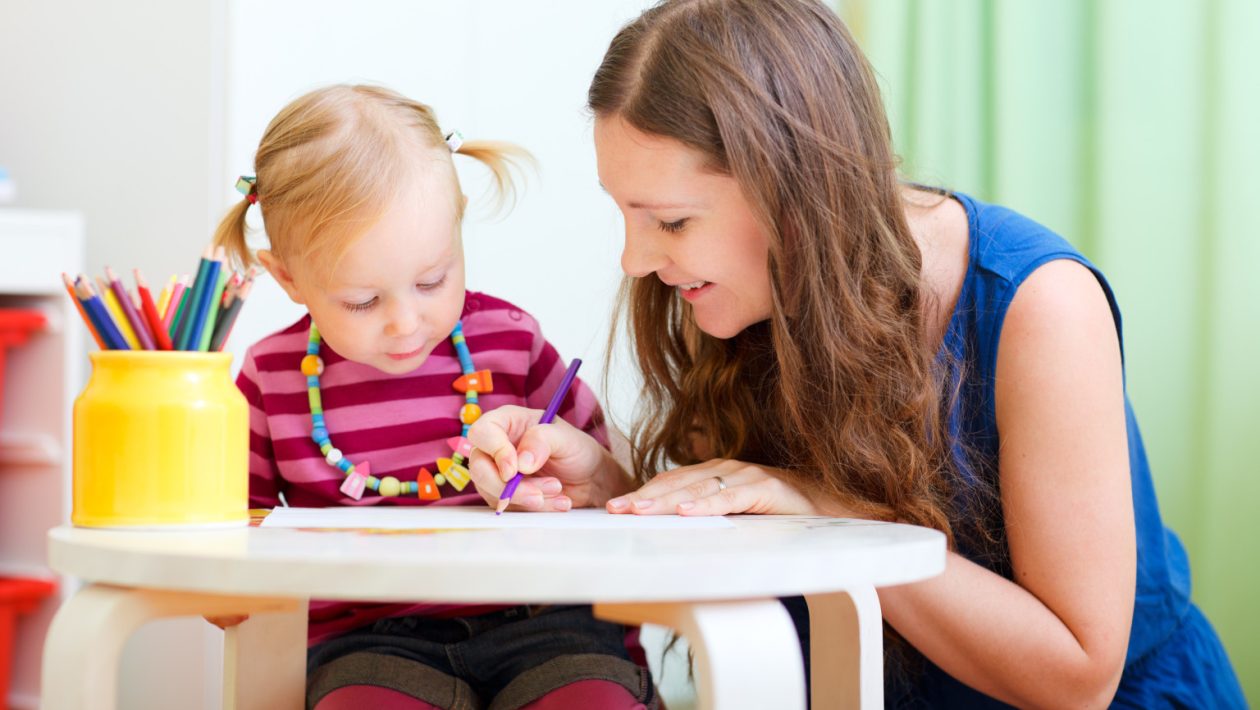Parents should always prioritize their child’s safety and well-being. However, due to daily chores and work, parents struggle to juggle caring for their kids and may need an extra hand. Building trust is essential when entrusting someone else with this responsibility, such as a babysitter. Your babysitter becomes your child’s second guardian when you’re not around, making it vital to establish a strong bond.
In this article, you will learn the importance of building trust with your babysitter and provide practical tips to help achieve this goal.
Screening and Selection
The foundation of trust begins with the selection process. Take the time to carefully screen and choose a babysitter who meets your criteria and shares your values. Look for qualities such as experience, reliability, and a genuine love for children. Checking references and conducting background checks can further ensure your child’s safety.
Open Communication
Clear and open communication is key to a successful babysitting arrangement. Discuss your expectations, rules, and routines with your babysitter. Ensure they are aware of any allergies, medical conditions, or special needs your child may have. Encourage your babysitter to ask questions and seek clarification when needed.
Getting Acquainted
Before leaving your child alone with the babysitter, arrange a meet-and-greet session. This process can help your child become familiar with the babysitter and ease anxiety or apprehension. During this meeting, engage in an activity to foster a positive initial connection.
Trial Run
Consider having a trial run where you stay in the house briefly while the babysitter cares for your child. This arrangement allows you to observe their interactions and address any concerns in real time. It also allows your child to see that you trust the babysitter.
Consistency and Routine
Children thrive on consistency and routine. Work with your babysitter to establish a daily schedule that includes meals, nap times, and playtime. Consistency helps children feel secure and builds trust in the babysitter’s ability to provide structure and care.
Emergency Preparedness
Discuss emergency procedures with your babysitter, including handling accidents, illnesses, or unexpected situations. Provide a list of emergency contacts, including your phone number, a neighbor’s number, and the nearest hospital. Also, ensure your babysitter knows the location of essential items like first-aid supplies and fire extinguishers.
Technology and Communication
In today’s digital age, technology can be a valuable tool for staying connected. Use video calling apps to check in with your child and babysitter periodically. This process provides peace of mind and reinforces that you are just a call away if needed.
Respect Boundaries
Respecting boundaries is also crucial to build trust in your babysitter. You should clearly define what is off-limits in your home and what responsibilities the babysitter has. Also, encourage open discussions about any concerns or boundaries the babysitter may have.
Positive Reinforcement
Acknowledge and appreciate the efforts of your babysitter. Regularly provide feedback on their performance and highlight moments when they have gone above and beyond. A positive and supportive approach can strengthen the bond between your family and the babysitter.
Building a Relationship
Encourage your child to build a positive relationship with the babysitter. Emphasize that the babysitter is there to have fun and keep them safe. Also, encourage your child to share their experiences and feelings with you, fostering trust through open communication.
Time Apart
Occasionally, plan activities that allow you and your partner to spend time away from home while the babysitter cares for your child. This plan gives you a break and reinforces your trust in the babysitter’s capabilities.
Conflict Resolution
In the event of conflicts or disagreements, address them promptly and respectfully. Model healthy conflict resolution for your child, demonstrating the importance of communication and problem-solving.
To better resolve conflicts, encourage your child and the babysitter to listen actively to each other’s concerns. This approach fosters empathy and understanding, leading to quicker resolutions.
You should also teach your child and the babysitter how to approach problems as a team. This process can be a valuable life skill for your child and strengthen the bond between them and the babysitter.
Check-Ins
While trust is vital, it’s also essential to maintain an ongoing connection with your child and the babysitter. Schedule regular check-ins with your babysitter to discuss how things are going. These conversations can help address any concerns or areas for improvement proactively.
Continuous Learning
Encourage your babysitter to engage in continuous learning. There are many online courses and resources available that can help them enhance their childcare skills and stay updated on best practices. Your support in their professional development can boost their confidence and your trust in their abilities.
Trust Your Instincts
Lastly, trust your instincts as a parent. If something doesn’t feel right or you have concerns about your babysitter, address them promptly. Your intuition is a powerful tool for your child’s safety and well-being.
Nurture Trust for Peace of Mind
Your child’s relationship with their babysitter is built on trust, and it’s a crucial aspect of their well-being when you are not around. Building trust takes time, so be patient and nurturing as your child’s babysitter works with you to create a safe and loving environment.
Doing so will ensure that your child is in capable hands when you’re not there, allowing you to enjoy peace of mind and the occasional well-deserved break.





